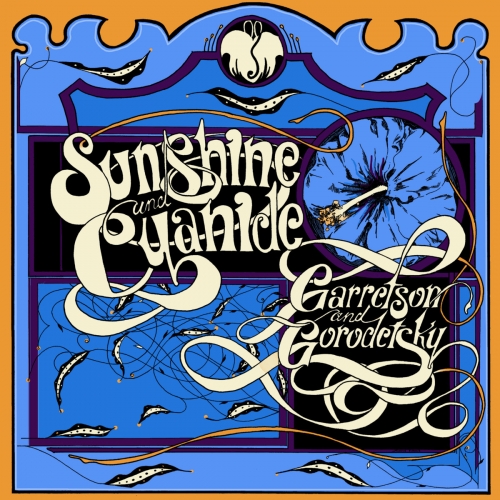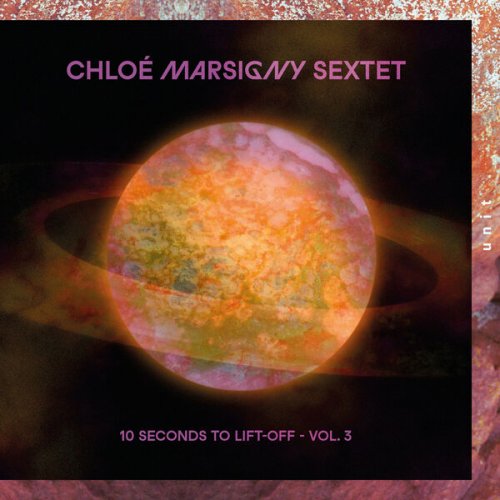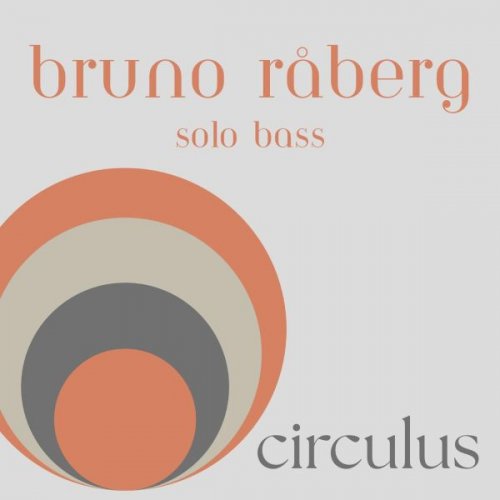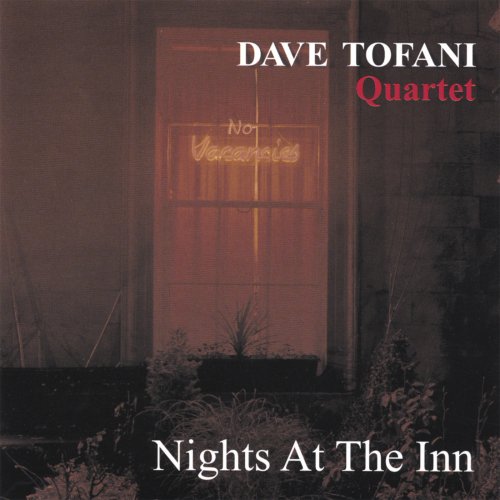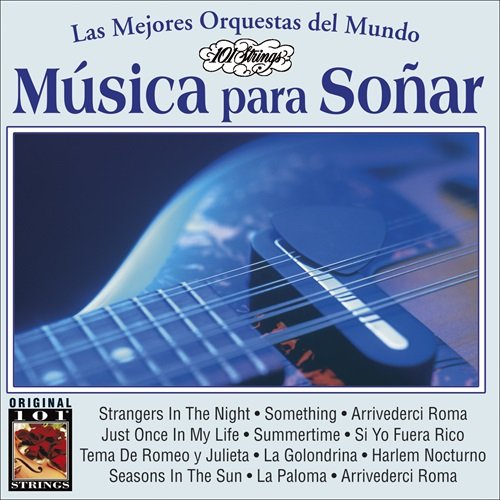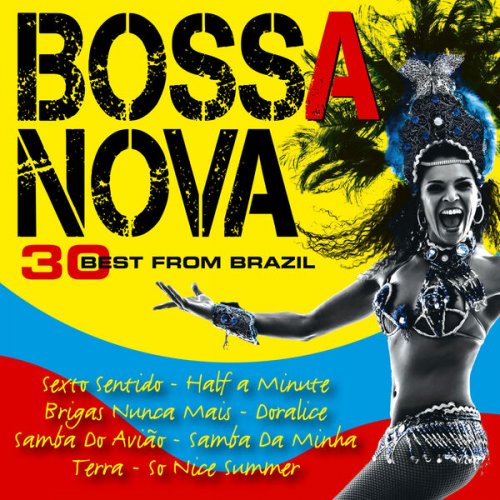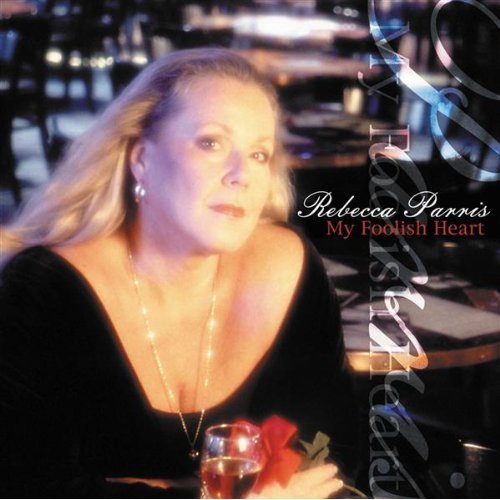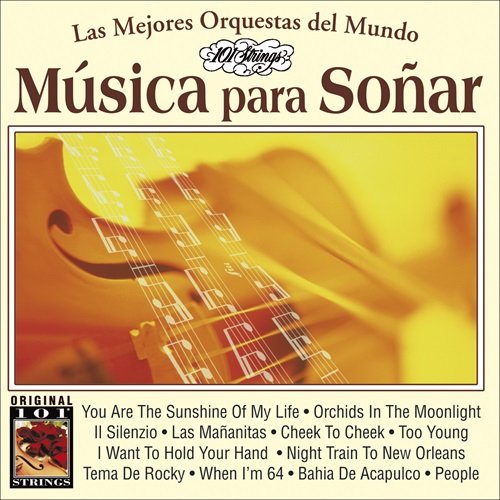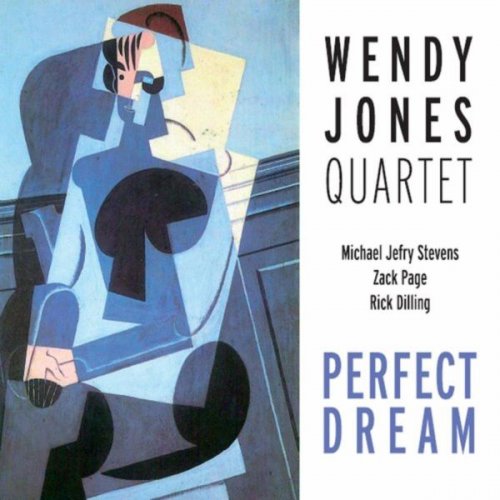Alice Coltrane - Universal Consciousness / Lord of Lords (2011)
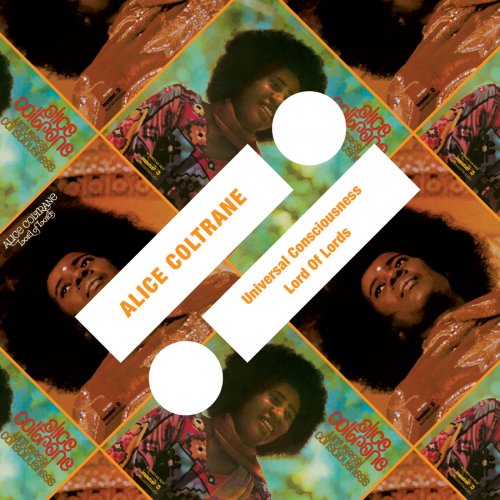
Artist: Alice Coltrane
Title: Universal Consciousness / Lord Of Lords
Year Of Release: 2011
Label: Decca (UMO)
Genre: Jazz
Quality: flac lossless
Total Time: 01:18:37
Total Size: 519 mb
WebSite: Album Preview
TracklistTitle: Universal Consciousness / Lord Of Lords
Year Of Release: 2011
Label: Decca (UMO)
Genre: Jazz
Quality: flac lossless
Total Time: 01:18:37
Total Size: 519 mb
WebSite: Album Preview
01. Universal Consciousness
02. Battle At Armageddon
03. Oh Allah
04. Hare Krishna
05. Sita Ram
06. The Ankh Of Amen-Ra
07. Andromeda's Suffering
08. Sri Rama Ohnedaruth
09. Excerpts From The Firebird
10. Lord Of Lords
11. Going Home
Alice "Turiya" Coltrane was a visionary pianist, composer, and bandleader who spent the majority of her life seeking spiritually in both music and her private life. While her early years as a professional were spent as a hard-swinging, in-demand pianist of the Detroit school during the '50s, it was her marriage to and musical partnership with John Coltrane that established her during the New Thing years of the '60s and beyond. After her husband's death, Coltrane, a gifted arranger as well as pianist and harpist, released seven solo albums on Impulse! during the latter part of the decade and into the '70s - including Journey in Satchidananda (featuring Pharoah Sanders) and Universal Consciousness, which wove together the strains of her musical thinking: modal jazz, gospel hymns, blues, Hindi devotional music, and 20th century classical sonorities. Her move to Warner Bros. in 1975 only deepened that signature as she played the harp, the piano, or Wurlitzer with the top-flight musicians of her day on albums such as Eternity and the live Transfiguration. Alice McLeod began studying classical music at the age of seven. She attended Detroit's Cass Technical High School with pianist Hugh Lawson and drummer Earl Williams. As a young woman she played in church and was a fine bebop pianist in the bands of such local musicians as Lateef and Kenny Burrell. McLeod traveled to Paris in 1959 to study with Bud Powell. She met John Coltrane while touring and recording with Gibbs around 1962-1963; she married the saxophonist in 1965 and joined his band - replacing McCoy Tyner - one year later. Alice stayed with John's band until his death in 1967; on his albums Live at the Village Vanguard Again! and Concert in Japan, her playing is characterized by rhythmically ambiguous arpeggios and a pulsing thickness of texture.
Subsequently, she formed her own bands with players such as Pharoah Sanders, Joe Henderson, Frank Lowe, Carlos Ward, Rashied Ali, Archie Shepp, and Jimmy Garrison. In addition to the piano, Alice also played harp and Wurlitzer organ. She led a series of groups and recorded fairly often for Impulse, including the celebrated albums Monastic Trio, Journey in Satchidananda, Universal Consciousness, and World Galaxy. She then moved to Warner Bros, where she released albums such as Transcendence, Eternity, and her double-live opus Transfiguration in 1978.
Long concerned with spiritual matters, Coltrane (whose spiritual name was "Turiyasangitananda") founded a center for Eastern spiritual study called the Vedanta Center in 1975. She began a long hiatus from public and recorded performances, though her 1981 appearance on Marian McPartland's Piano Jazz radio series was released by Jazz Alliance. In 1987, she led a quartet that included her sons Ravi and Oran in a John Coltrane tribute concert at the Cathedral of St. John the Divine in New York City. Coltrane returned to public performance in 1998 at a Town Hall Concert with Ravi and again at Joe's Pub in Manhattan in 2002.
She began recording again in 2000 and eventually issued the stellar Translinear Light on the Verve label in 2004. Produced by Ravi, it featured Coltrane on piano, organ, and synthesizer, in a host of playing situations with luminary collaborators that included not only her sons, but also Charlie Haden, Jack DeJohnette, Jeff "Tain" Watts, and James Genus. After the release of Translinear Light, she began playing live more frequently, including a date in Paris shortly after Hurricane Katrina in 2005, and a brief tour in fall 2006 with Ravi. Coltrane died on January 12, 2007 of respiratory failure at Los Angeles' West Hills Hospital and Medical Center.
During her long time away from the spotlight, Coltrane spent her time on her Vedanta Center. By 1983, she had expanded it to become the 48-acre Sai Anantam Ashram in the Agoura Hills, outside of Los Angeles - home to a spiritual community. Though she was not active in the jazz world, Coltrane quietly recorded music at the ashram and distributed it to her community's members on four privately pressed - but professionally recorded - cassette tapes from the mid-'80s to the mid-'90s: Turiya Sings, Divine Songs, Infinite Chants, and Glorious Chants. The cassettes represented the expressive side of Coltrane's practice, displaying an intensely original sound inspired by the gospel music from the Detroit churches she grew up in, Indian devotional music and chants, and of course, improvisation, played on harp, eastern percussion, synthesizers, organs, and strings (she wrote the arrangements) accompanied by the Sai Antaram Ashram Singers and membership. They also display Coltrane singing for the first time. Luaka Bop sought out the original masters, assisted by Coltrane's children. Enlisting original engineer Baker Bigsby, the label assembled a compilation from the four tapes. Entitled World Spirituality Classics 1: The Ecstatic Music of Alice Coltrane Turiyasangitananda, it was released in May of 2017 in remembrance of the tenth anniversary of her death and to commemorate her 80th birthday. The package included a lengthy liner essay by jazz historian Ashley Khan, Mark "Frosty" McNeil's Master's thesis, interviews with family, ashram members, and colleagues, and a remembrance by Surya Botofasina in conversation with Andy Beta.
